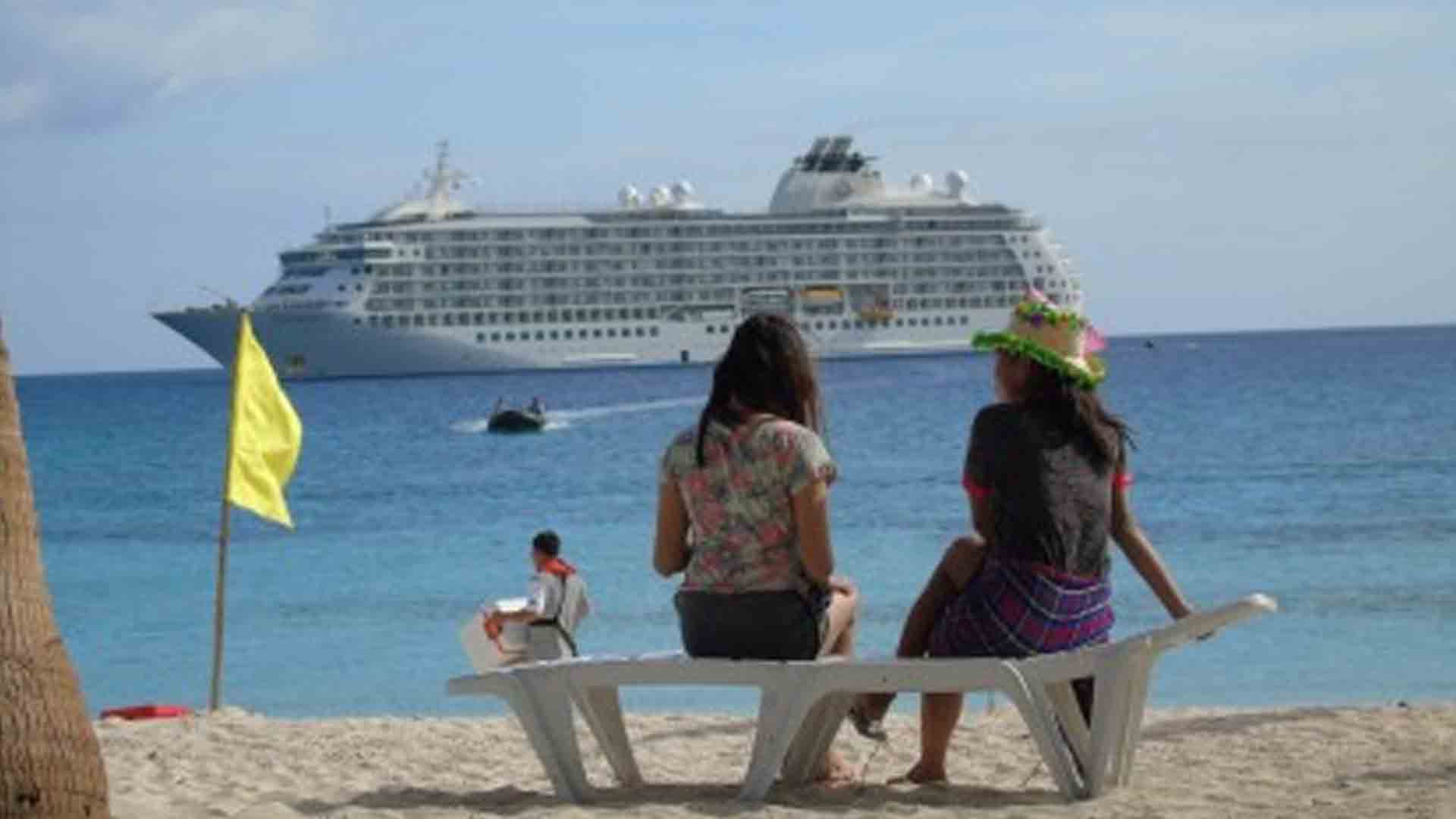Cruise tourism will resume in Eastern Visayas in 2023 after a three-year break due to pandemic travel restrictions, the Department of Tourism (DOT) regional office here announced on Tuesday.
DOT Regional Director Karina Rosa Tiopes said in an interview they have just completed the assessment of places that will be visited by international tourists next year.
Two cruise ships will be arriving next year with one that will make a stop in Kalanggaman Island in Palompon, Leyte.
Passengers of other cruise ships will visit 15 destinations in the country, including nine sites in Eastern Visayas.
Among the places that will be visited in the region are Sambawan Island in Maripipi, Biliran; Cuatro Islas in Leyte; the island towns of Capul, Biri, and San Vicente, in Northern Samar province; the town of Babatngon, Leyte; Tacloban City; and the island town of Limasawa, Southern Leyte.
“Handlers of the two cruise ships have already made an inspection in the places that will be visited and they liked what they saw,” Tiopes said.
The return of cruise tourism in Eastern Visayas will spark the interest of local tourists to visit these destinations.
“So, it actually ignites domestic tourism as well. It gives interest among domestic tourists, it creates a positive impact at the local level,” she added.
Cruise tourism in Eastern Visayas started in 2013 with one cruise ship that made a stop in Kalanggaman Island, the prime tourist destination in Leyte province.
Since then, cruise ships regularly made stops in Eastern Visayas.
In 2020 and 2021, cruise ships canceled their trips due to the Covid-19 threat.
Among cruise ships that brought international tourists to the region were L’Austral, MS Bremen, and Silver Sea Discoverer.
Each of these expedition cruise ships carried 100 to 300 passengers who came for an authentic experience of the local culture, history, and livelihood activities. (PNA)








